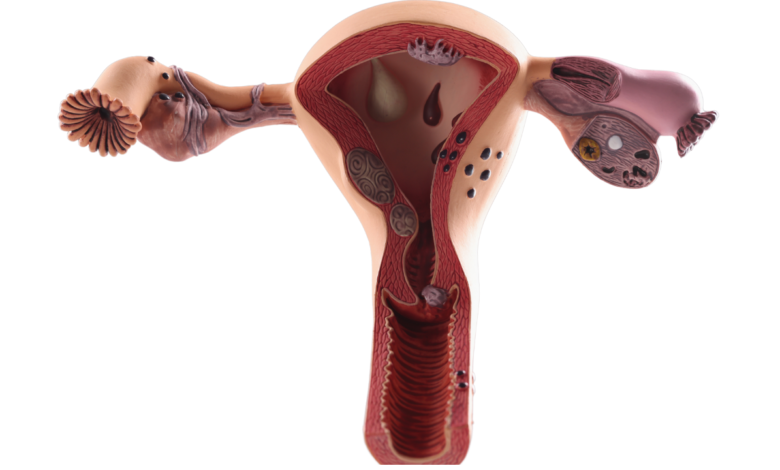Pelvic inflammatory disease( PID):an infection of the female reproductive organs .
Pelvic Inflammatory Disease: Protecting Your Reproductive Health

What is Pelvic inflammatory disease( PID) ?
Pelvic Inflammatory Disease (PID) is an infection that affects the female reproductive organs, including the uterus, fallopian tubes, and ovaries.
It is often caused by sexually transmitted infections (STIs) such as chlamydia and gonorrhea.
what are the symptoms of Pelvic inflammatory disease( PID) ?
Symptoms of PID can vary widely, but they often include:
- Pelvic pain
- Abdominal pain
- Pain during sex
- Abnormal vaginal discharge
- Fever
- Fatigue
- Bleeding between periods
who can suffer from Pelvic inflammatory disease( PID) ?
Women who are sexually active are at risk of developing PID. The risk is higher if:
- You have multiple sexual partners
- You don’t use condoms consistently
- You have a history of STIs
- You have had a recent abortion or pelvic surgery
What are the types of Pelvic inflammatory disease( PID) ?
PID can be classified based on the severity of the infection:
- Acute PID: This is a sudden, severe infection that can cause significant pain and discomfort.
- Chronic PID: This is a long-term infection that can lead to scarring and infertility.
Which diagnostic tests are available for Pelvic inflammatory disease( PID) ?
To diagnose PID, your doctor may perform:
- Pelvic exam
- Blood tests to check for infection
- Ultrasound of the pelvis
- Laparoscopy (a surgical procedure to examine the inside of the abdomen)
What is the treatment of Pelvic inflammatory disease( PID)?
PID is treated with antibiotics to kill the infection. In severe cases, hospitalization may be necessary.
Which diet I should take, if any ?
There is no specific diet that can prevent or treat PID. However, a healthy diet can help support your overall health and well-being.
Which speciality of the doctor will treatPelvic inflammatory disease( PID) ?
A gynecologist is the specialist who treats PID.
Is this disease completely curable ?
PID can be cured with appropriate treatment. However, if left untreated, it can lead to serious complications, such as infertility and chronic pelvic pain.





